Ask a Dietitian: 11 Simple Swaps to Lower Your Cholesterol Naturally
In the quest for better heart health, dietary changes often serve as a cornerstone strategy for naturally lowering cholesterol levels. High cholesterol is a significant risk factor for cardiovascular diseases, which remain a leading cause of mortality worldwide. Fortunately, making informed food choices can lead to substantial improvements in cholesterol profiles. This article explores 11 dietitian-approved food swaps that can transform your plate and help manage cholesterol levels effectively. Each swap is backed by scientific research and practical insights, ensuring that you not only enhance your diet but also enjoy the process of eating healthier.
1. Swap Butter for Avocado
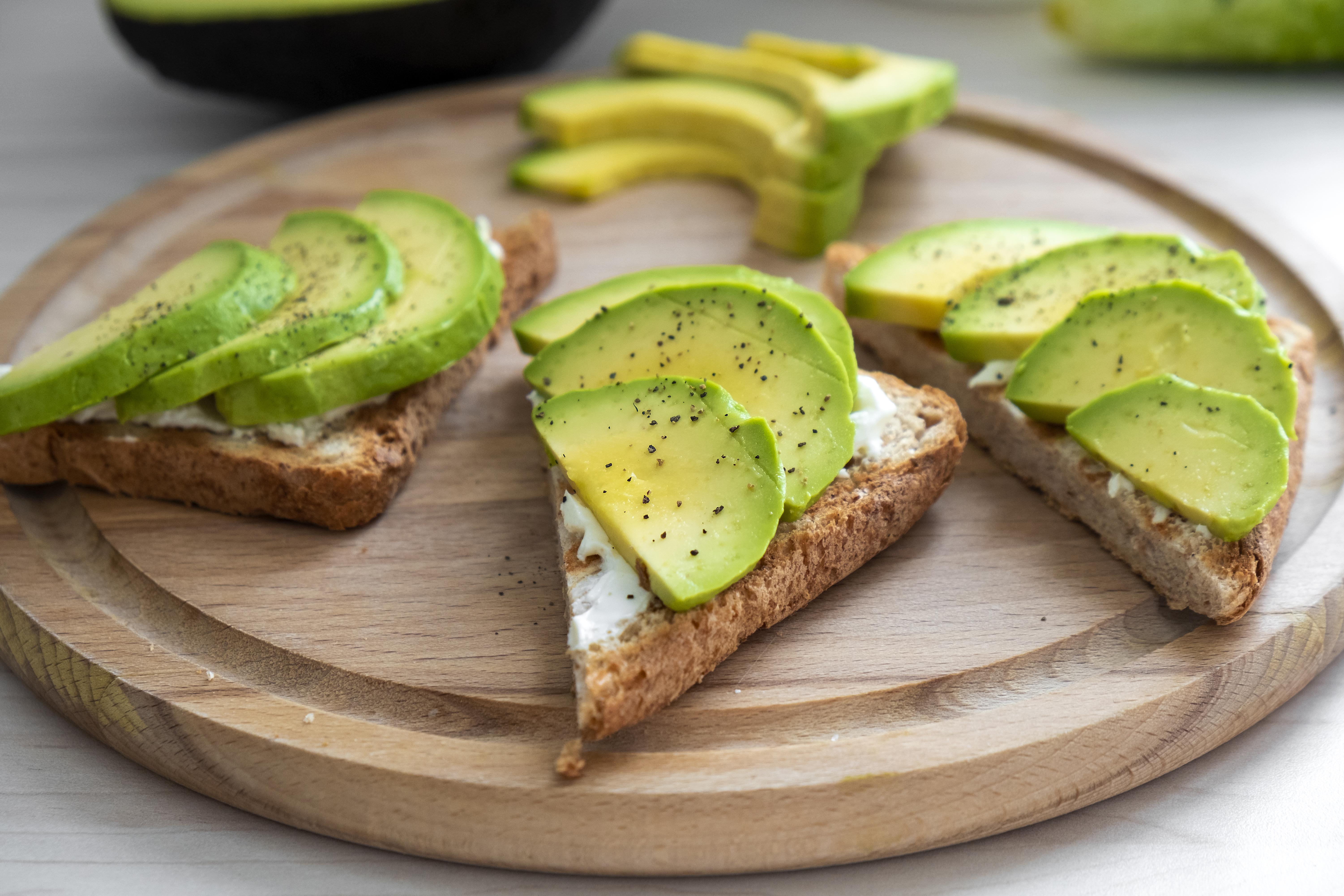
Butter, a staple in many kitchens, is rich in saturated fats, which can raise LDL cholesterol levels. By replacing butter with avocado, you can reduce your intake of these harmful fats. Avocado is rich in monounsaturated fats, which are known to lower LDL cholesterol while maintaining or even increasing HDL cholesterol, the "good" cholesterol. Additionally, avocados provide a creamy texture and a rich flavor that can enhance various dishes, from toast to salads. This swap not only benefits your cholesterol levels but also adds essential nutrients like potassium and fiber to your diet.
2. Replace Red Meat with Fatty Fish

Red meat is often high in saturated fats, contributing to elevated cholesterol levels. Swapping red meat for fatty fish such as salmon, mackerel, or sardines introduces omega-3 fatty acids into your diet. Omega-3s are known for their heart-protective properties, including lowering triglycerides and reducing inflammation, which can improve overall cardiovascular health. Fatty fish also provide a good source of high-quality protein and essential vitamins and minerals, making them a nutritious addition to your meals. This swap is particularly beneficial for those looking to maintain a heart-healthy diet without sacrificing flavor or satisfaction.
3. Choose Whole Grains Over Refined Grains
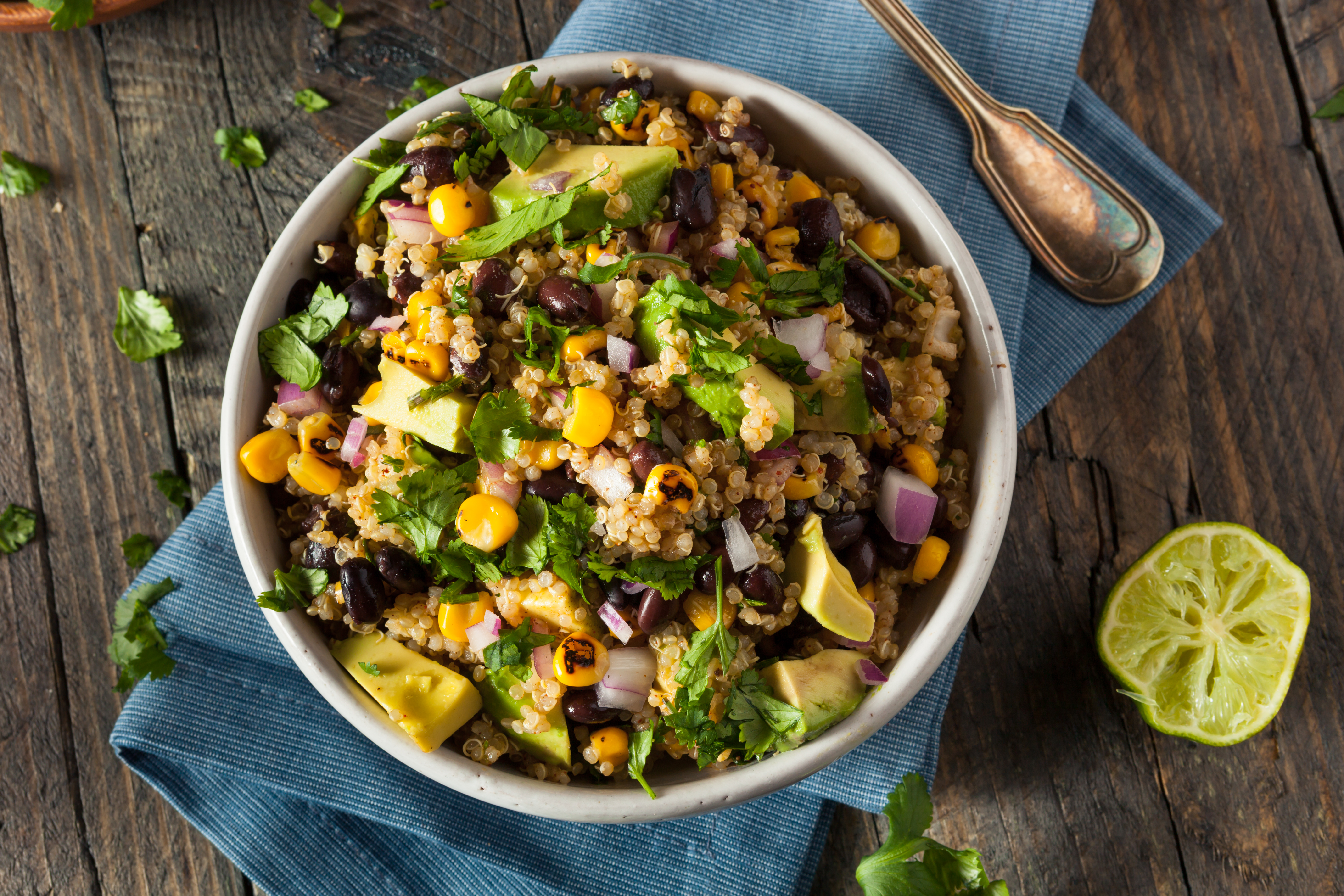
Refined grains, such as white bread and pasta, can contribute to higher cholesterol levels. Whole grains, on the other hand, are rich in dietary fiber, particularly soluble fiber, which has been shown to lower LDL cholesterol. Foods like oatmeal, brown rice, and whole-grain bread not only help in managing cholesterol but also provide sustained energy and improve digestive health. The fiber content in whole grains can make you feel fuller for longer, aiding in weight management, which is another crucial factor in maintaining healthy cholesterol levels. This swap is an easy yet impactful change to make in your daily diet.
4. Nuts Instead of Croutons
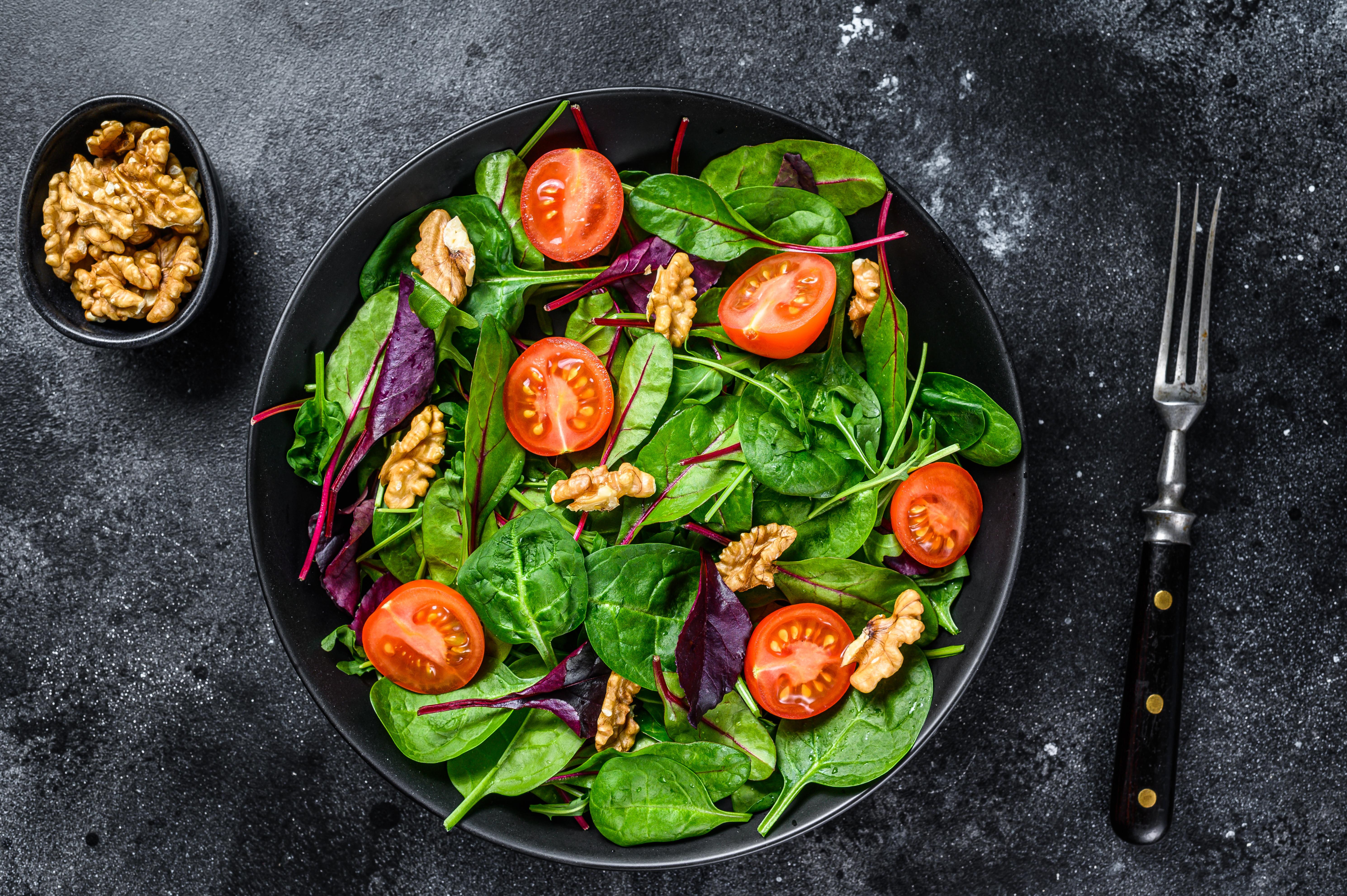
Croutons, often made from refined grains and fried in oils, can add unnecessary saturated fats and calories to your salads. Swapping croutons for a handful of nuts, such as almonds or walnuts, can enhance the nutritional profile of your meal. Nuts are rich in healthy fats, fiber, and plant sterols, which have cholesterol-lowering properties. They also add a satisfying crunch and a burst of flavor, making salads more enjoyable. Incorporating nuts regularly into your diet has been associated with a reduced risk of heart disease, making this swap a heart-smart choice.
5. Opt for Plant-Based Milk
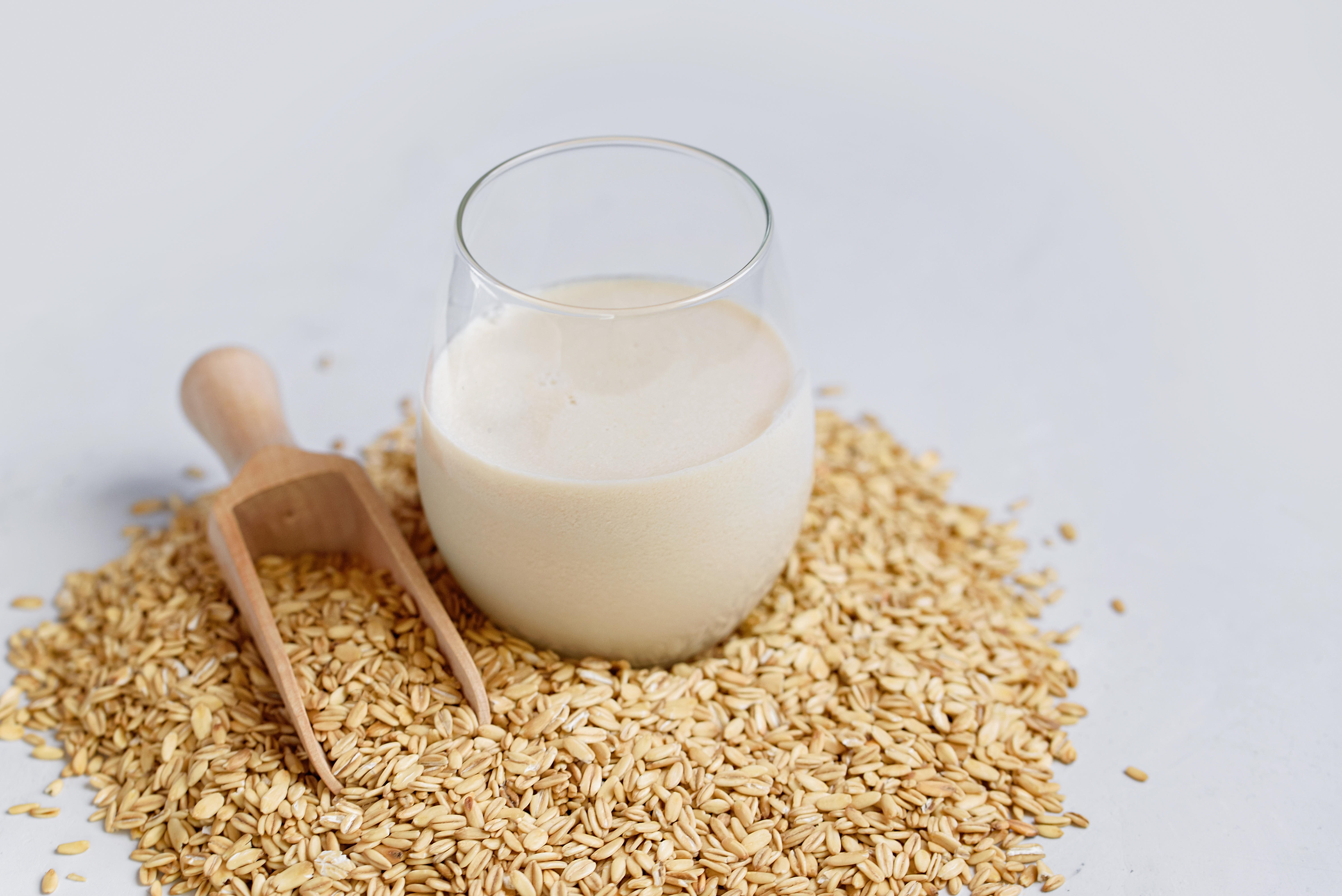
Traditional cow's milk contains saturated fats that can raise cholesterol levels. Switching to plant-based milk, such as almond, soy, or oat milk, can be a beneficial choice for cholesterol management. Many plant-based milks are fortified with calcium and vitamin D, providing similar nutritional benefits as cow's milk without the saturated fats. Soy milk, in particular, contains isoflavones, which have been shown to lower cholesterol levels. This swap is especially advantageous for those who are lactose intolerant or prefer a plant-based diet, offering a versatile and heart-healthy alternative for your beverages and recipes.
6. Snack on Fruits Instead of Sweets

Processed sweets and desserts are often loaded with sugars and unhealthy fats, contributing to weight gain and higher cholesterol levels. Replacing these with fresh fruits can satisfy your sweet tooth while providing essential nutrients. Fruits are rich in fiber, antioxidants, and various vitamins that support heart health. Berries, apples, and citrus fruits, in particular, have been linked to improved cholesterol levels. Their natural sweetness and variety make fruits a delightful and nutritious snack option, helping you reduce the intake of unhealthy sugars and fats in your diet.
7. Use Olive Oil Instead of Vegetable Oil

Vegetable oils are commonly used in cooking but can contain unhealthy trans fats and saturated fats, depending on the type. Olive oil, particularly extra virgin olive oil, is a healthier alternative rich in monounsaturated fats and antioxidants. These components have been shown to lower LDL cholesterol and provide anti-inflammatory benefits. Olive oil can be used in salad dressings, for sautéing vegetables, or as a finishing touch to enhance the flavor of your dishes. This simple swap not only improves your cholesterol profile but also adds a touch of Mediterranean flair to your meals.
8. Go for Legumes Over Processed Meats
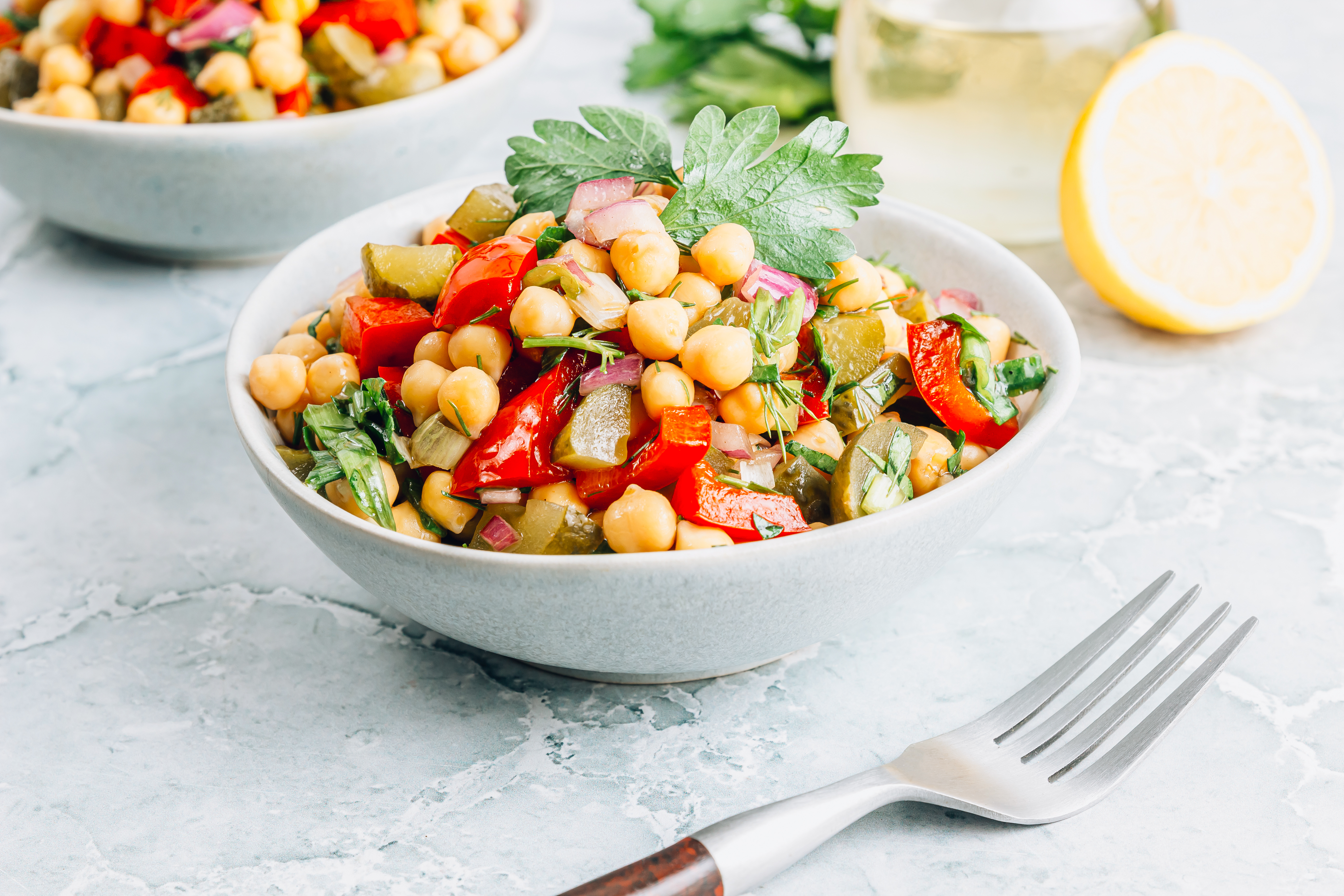
Processed meats, such as sausages and deli meats, are high in saturated fats and sodium, which can negatively impact cholesterol levels. Replacing these with legumes like beans, lentils, and chickpeas introduces plant-based proteins and fiber into your diet. Legumes are low in fat and have been shown to lower LDL cholesterol while providing essential nutrients such as iron and folate. They are versatile ingredients that can be used in soups, stews, salads, and more. This swap supports heart health and promotes a more sustainable and plant-based diet.
9. Choose Dark Chocolate Over Milk Chocolate

Milk chocolate contains higher levels of sugar and saturated fats compared to dark chocolate. Opting for dark chocolate with at least 70% cocoa content can offer health benefits, including improved cholesterol levels. Dark chocolate is rich in flavonoids, which are antioxidants that can enhance heart health by lowering blood pressure and improving blood vessel function. Consuming dark chocolate in moderation can satisfy chocolate cravings while contributing to a heart-healthy diet. This swap allows you to enjoy a sweet treat without compromising your cholesterol goals.
10. Add Flaxseeds to Your Diet

Flaxseeds are a powerhouse of nutrients, offering omega-3 fatty acids, fiber, and lignans, all of which contribute to lowering cholesterol levels. Incorporating ground flaxseeds into your meals can be an effective way to enhance your diet's nutritional value. They can be sprinkled over cereals, mixed into smoothies, or used in baking. The soluble fiber in flaxseeds helps reduce LDL cholesterol, while their omega-3 content supports overall heart health. This easy addition to your diet can have significant benefits, making it a worthy swap for those looking to improve their cholesterol profile.
11. Embrace Plant-Based Protein Sources

Animal-based proteins, particularly those high in saturated fats, can elevate cholesterol levels. Embracing plant-based protein sources such as tofu, tempeh, and quinoa can help lower these levels while providing essential amino acids. These foods are generally lower in saturated fats and calories, making them excellent choices for weight management and heart health. Plant-based proteins also offer additional nutrients like fiber, vitamins, and minerals that support overall well-being. This swap encourages a more varied and balanced diet, promoting long-term health benefits.
A Heart-Healthy Lifestyle

Transforming your plate with these 11 dietitian-approved swaps is a practical and effective way to naturally lower cholesterol levels. Each swap not only targets cholesterol reduction but also enhances the overall nutritional quality of your diet. By making these changes, you are taking proactive steps towards a heart-healthy lifestyle, reducing the risk of cardiovascular diseases. Remember, dietary changes are most effective when combined with other healthy habits, such as regular physical activity and stress management. Embrace these swaps as part of a holistic approach to wellness, and enjoy the journey to better heart health.
